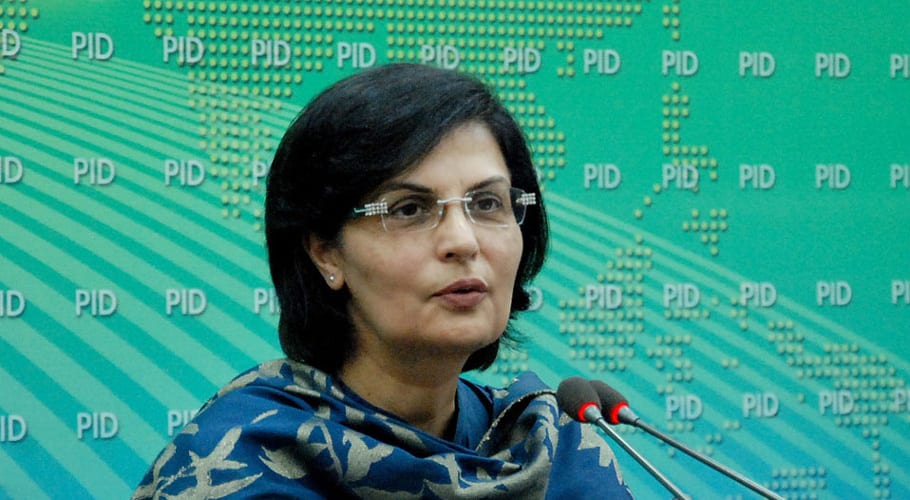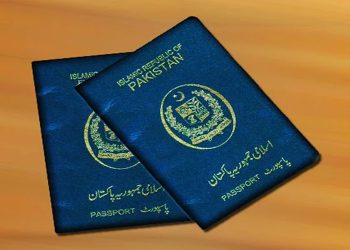ISLAMABAD: Special Assistant to the Prime Minister on Social Protection and Poverty Alleviation, Dr. Sania Nishtar has said that federal government committed to expand the scope of Ehsaas Emergency Cash Program for poverty eradication across the country.
While addressing as a panellist during the World Bank Group-IMF Annual Meeting titled ‘Protecting South Asia’s Poor and Vulnerable Against COVID-19 and Beyond’ she said the COVID-19 crisis had hit South Asia hard, deepening poverty, exacerbating inequality, and creating new poor.
The South Asian event focused on the social protection programs as a cornerstone of relief and longer-term recovery.
Dr. Nishtar said, “The impact of Ehsaas Emergency Cash on ground which meant getting cash into the hands of millions of families at a time of a severe uncertainty was truly humbling”.
She mentioned that COVID-19 negatively impacted around 160 million people in Pakistan in response to which Pakistan’s government delivered cash assistance to 15 million families in distress.
Digital capabilities established in 2019 as part of Ehsaas, were adapted to deliver Ehsaas Emergency Cash, in particular, a new bio metric payment system, a demand side SMS based request seeking platform and a new wealth-profiling big data analytics mechanism, she elaborated.
She also highlighted the additional challenges related to issues of logistics, connectivity, liquidity, cyber attacks, bio-metric failures, and limitations of data-driven messaging.
A whole of government approach and real time evaluation helped to successfully address these challenges with speed. Dr. Nishtar informed that fiscal measures were adopted to incentive retailers to work in a difficult environment; communication measures were taken to address low financial and digital literacy.
The panel highlighted the relief efforts in the South Asia region and shared views on how social protection could be designed to reach all and support a resilient recovery and inclusive long-term growth through an engaging discussion with policymakers, practitioners, scholars and international experts.
This virtual event was a direct contribution to the central theme of the ‘Annual Meetings of Supporting a Resilient Recovery: building resilience, improving inclusion, promoting economic growth, and sustaining businesses and jobs’.




































